Trimark Announces Promotions to Enhance Client Service
Feb 01, 2024
Trimark has announced organizational changes and promotions to bolster the company’s commitment to service excellence. “Rapid market growth in the…
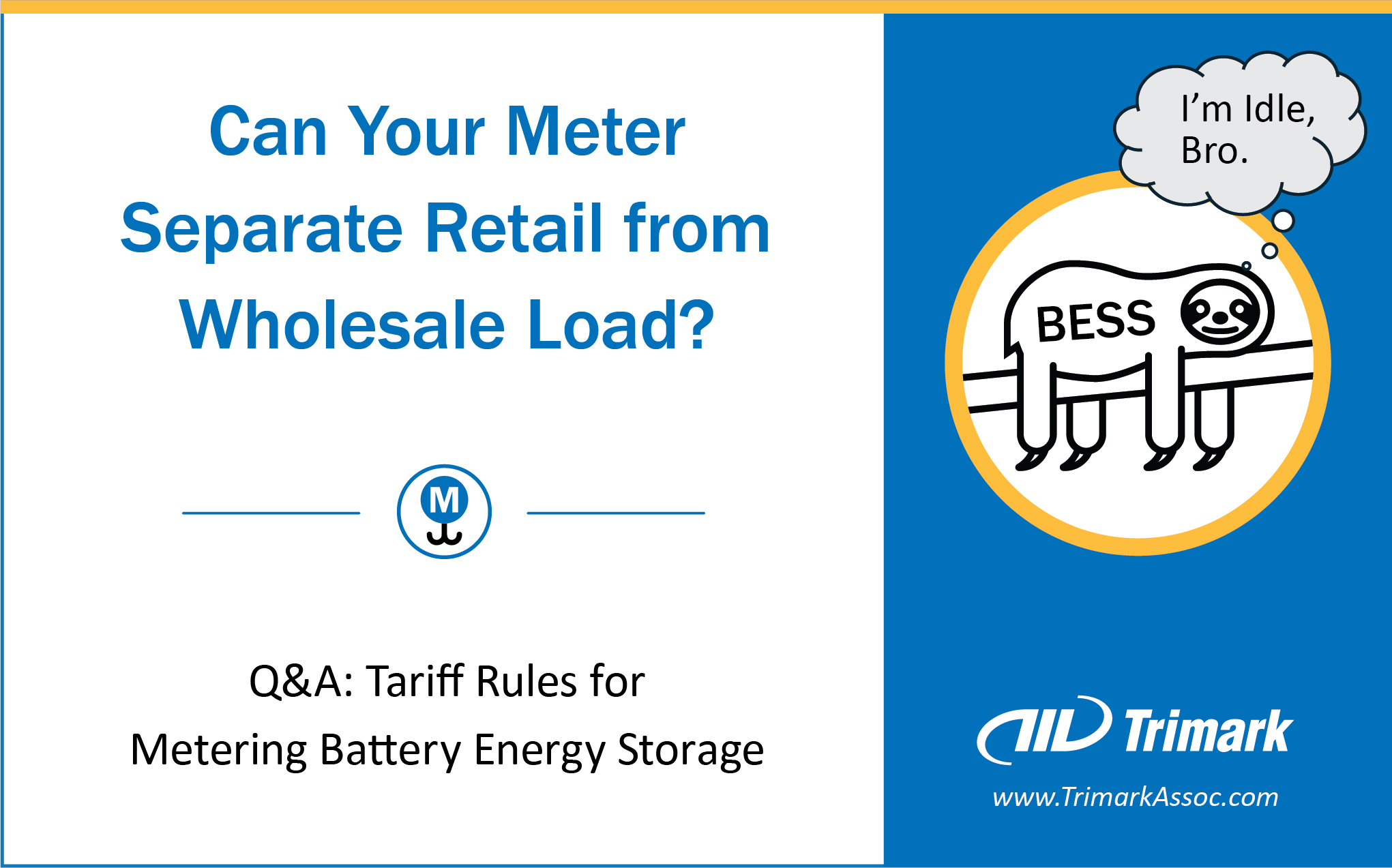
The rapid increase in the number of Battery Energy Storage System (BESS) participating in the California ISO (CAISO) market has resulted in changes to the Tariff designed to avoid duplicate data. Specifically, the rule requires separating wholesale and retail load in meter data. This concept is often called “BESS Idle.”
To introduce and explain this subject, we asked two Trimark experts to answer a few questions on the matter:
Q: What’s the simple explanation of the BESS Idle designation.
A: When the BESS is in an “idle” state (e.g. Dispatch to Zero or Manual Mode) the CAISO revenue meter must be configured to record zeros in the load channel, thereby avoiding duplicate load charges in the wholesale settlement.
Q: What is the CAISO Tariff Rule driving this change?
A: The CAISO Tariff Section 10.1.3.4 states:
Storage resources participating in the CAISO markets may not charge their resources pursuant to a CAISO wholesale rate except to provide Energy or Ancillary Services to the CAISO Markets upon discharge.
To ensure that storage resources do not incur wholesale charges from the CAISO duplicative of any retail charges:
(a) CAISO Metered Entities’ revenue quality meters must be installed and programmed to exclude any retail Meter Data.
(b) Scheduling Coordinator Metered Entities’ SQMD Plans must describe how the Metered Entity’s metering arrangement or Validation, Estimation, and Editing procedure prevents commingling retail and CAISO Meter Data.”
Q: Do other ISO’s have a similar rule for BESS Idle?
A: Some other authorities require a BESS Idle flag in the revenue meter program. As more BESS is commissioned for market participation, we expect the BESS Idle requirement to become a common metering practice.
Q: What does the term “BESS Idle” actually mean?
A: “BESS Idle” is a shorthand term for a metering rule in the CAISO Tariff that aims to avoid double billing for wholesale and retail load. However, “BESS Idle” is an oversimplification of the issue. The language applies to the following situations:
In this document, the term “BESS Idle” is used in its broadest context. The reader should recognize that the term applies to either of the operating states described above.
Q: What’s the difference between Station Service Power and BESS Aux Power?
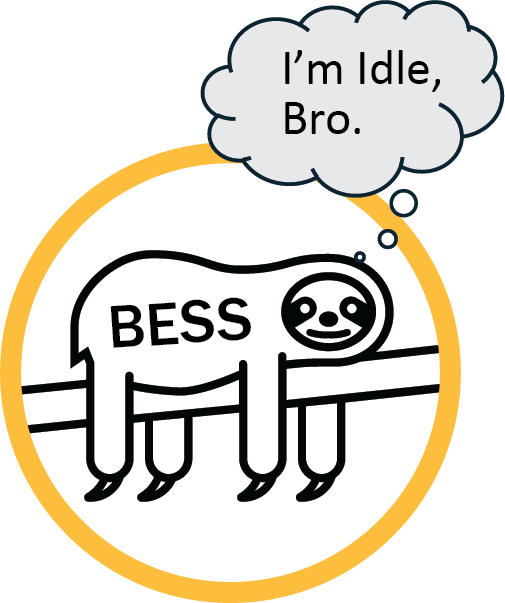
A: Station Service Power (AKA “Station Aux”) is the load required to keep site equipment operational. Station Aux is frequently (though not always) supplied by a dedicated circuit that is separate from the charge/discharge circuit. This load is metered by a utility meter and billed at retail rates.
BESS Aux load is power used by the BESS to maintain its operations. The BESS Aux load is typically drawn from the charge/discharge circuit. When the BESS is charging or discharging, its Aux load is billed at its wholesale rate. When the BESS is “idle” its Aux load is billed at retail.
Q: How does the meter know when the BESS is “idle”?
A: There are two basic ways to inform the meter that a metering interval must exclude load from settlement values:
Q: How does the idle signal change what happens in the meter?
A: An external signal is sent to a specific register in the meter to indicate when the BESS is in idle state. The meter must be programmed to record, or not record, load data based on the signal. For example, when the signal indicates that CAISO is dispatching the BESS resource for charging, the meter will record the load in the wholesale channel. When the CAISO signal indicates that BESS is not charging or discharging, the meter will not record the load in the wholesale channel.
Q: Does the type of generation change anything related to BESS Idle?
A: No. A battery can be affiliated with many types of generation. The BESS itself is classified as a Non-Generating Resource (NGR). New BESS resources are either standalone or built to supplement another resource, such as Photovoltaic (PV) or Wind. However, site design characteristics such as hybrid, co-located, or DC-coupling add complexity to the metering scheme which may affect the BESS Idle flag. Consult with a metering expert for guidance on your specific situation.
Trimark provides end-to-end metering services to help you meet Tariff rules – including the requirements described above.
If you have further questions regarding configuring your meters to accommodate the BESS Idle requirement, Trimark is here to help.
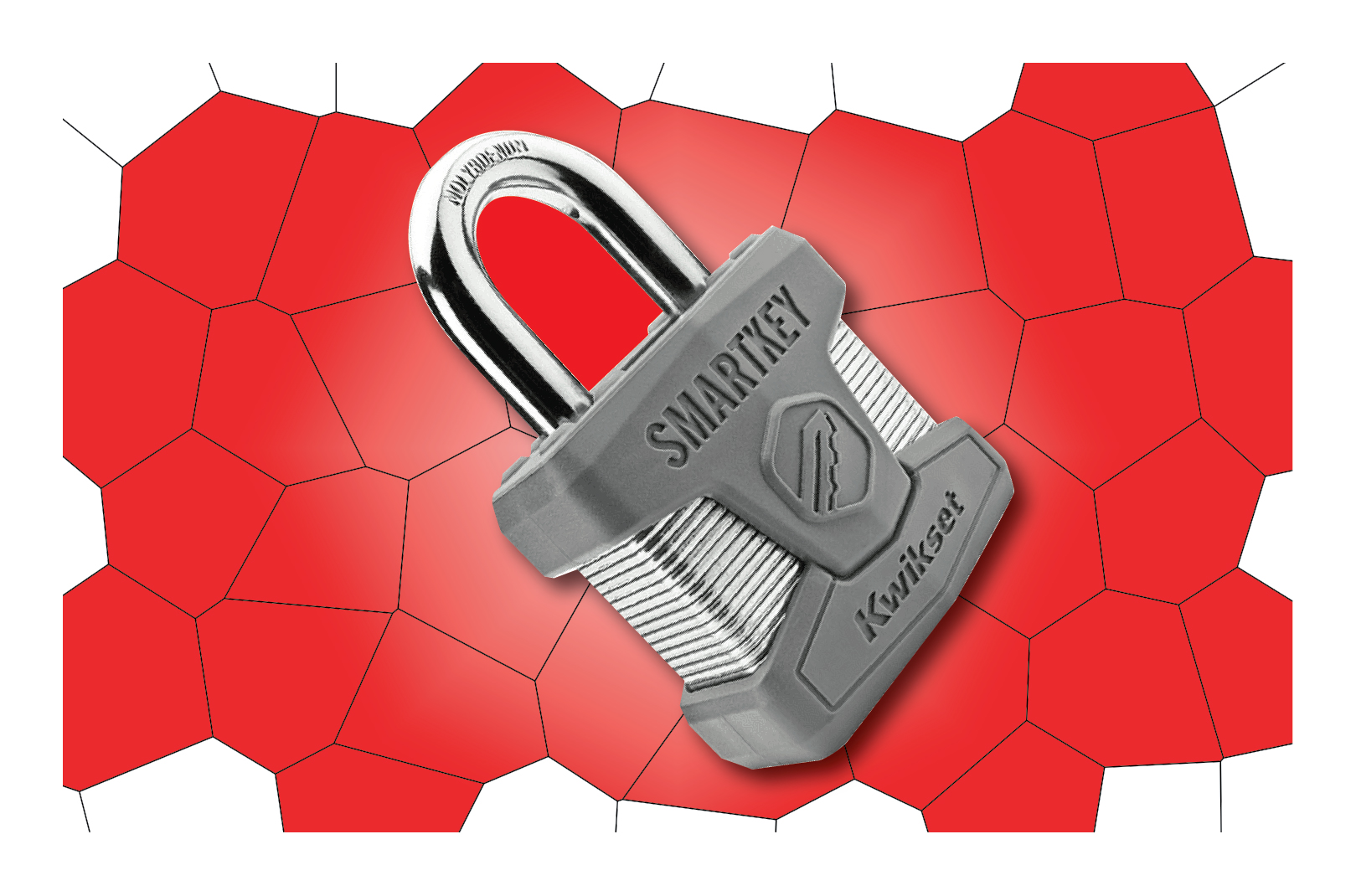
Trimark’s System Supports Centralized Control and Cyber Security Best Practices Trimark Associates, Inc., the industry leader in intelligent renewable energy…

Controller to Lead Trimark Accounting Team and Processes Folsom, CA, April 28, 2023 – Trimark Associates, Inc. (Trimark), the industry…
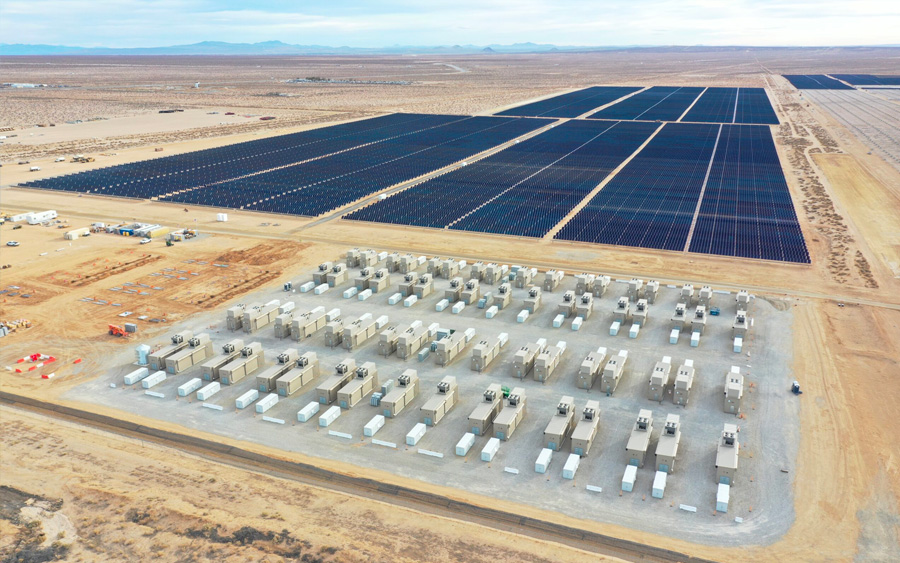
The Edwards & Sanborn project redefines the utility-scale PV+Storage landscape. Folsom, CA, February 17, 2021 – Trimark Associates, Inc. is…
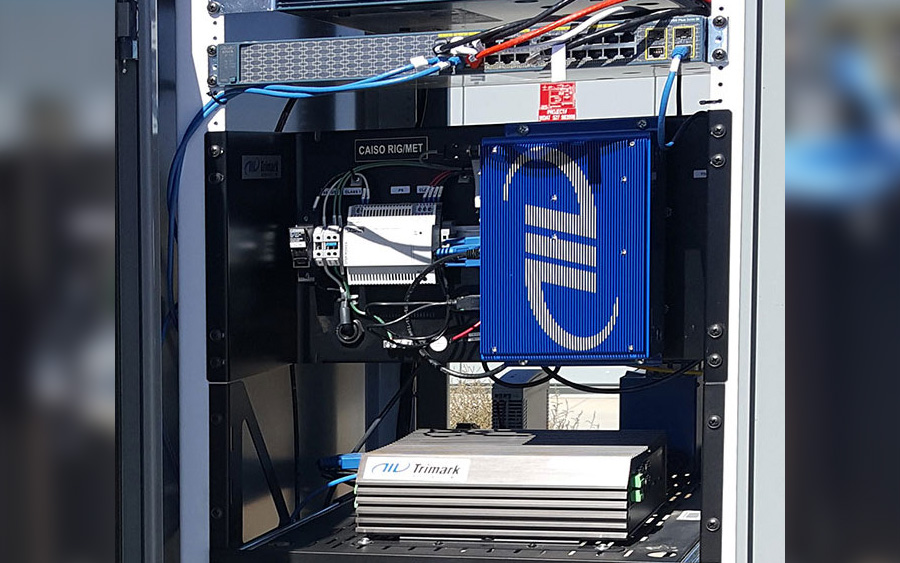
Bayshore A, B, and C Projects Project Type: PV rated at 20 MW each Location: Lancaster, CA in LA County…
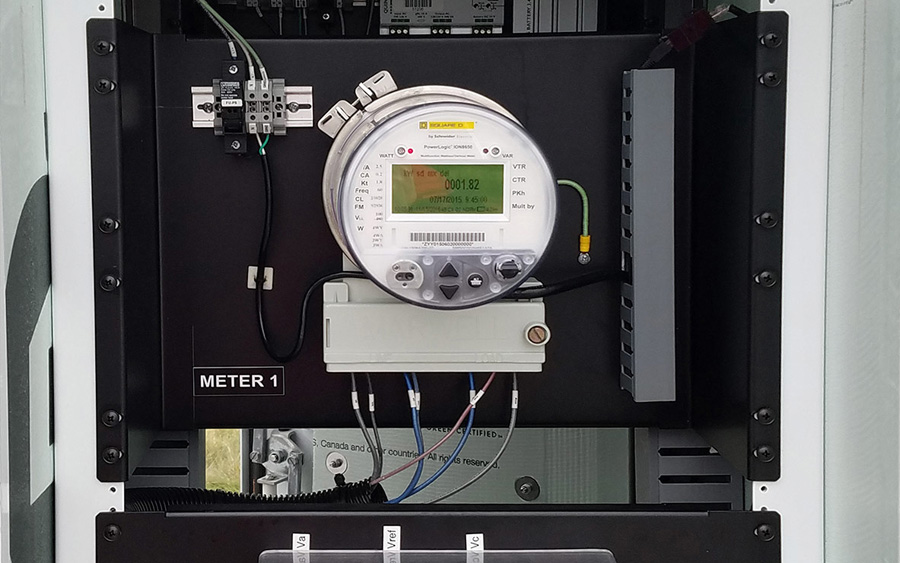
Installed 1,043 advanced energy meters to track energy usage throughout Northern Virginia, Washington D.C., and Maryland. Work involved 14 separate…
Need a SCADA system that optimizes revenue?
Need help meeting interconnection requirements?
Want to stay in the market and avoid fines?
Weʼve got you!
Get Started Today